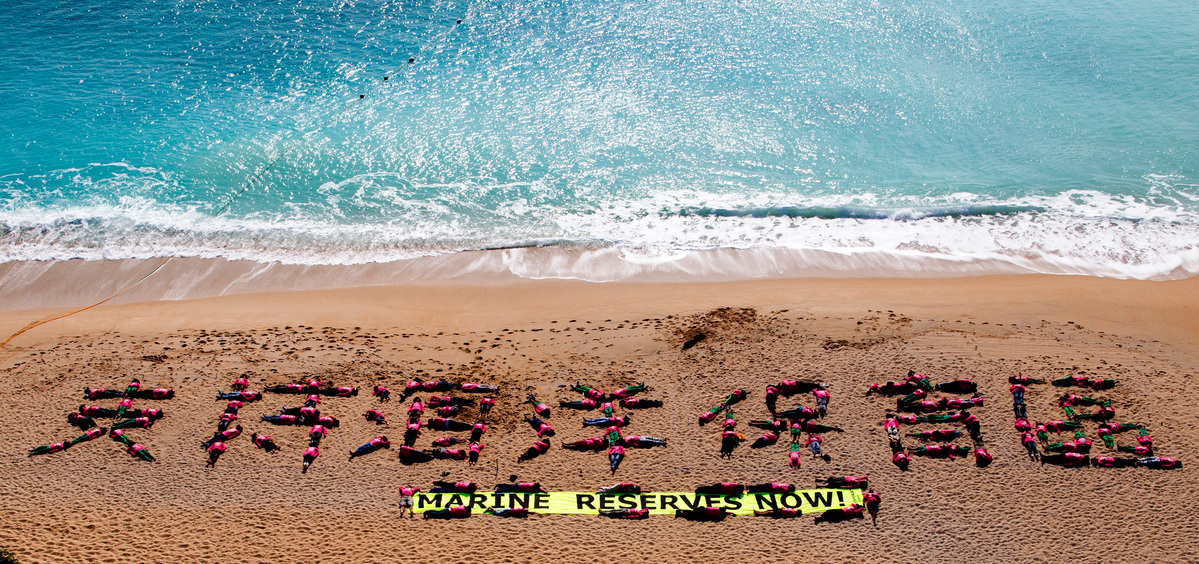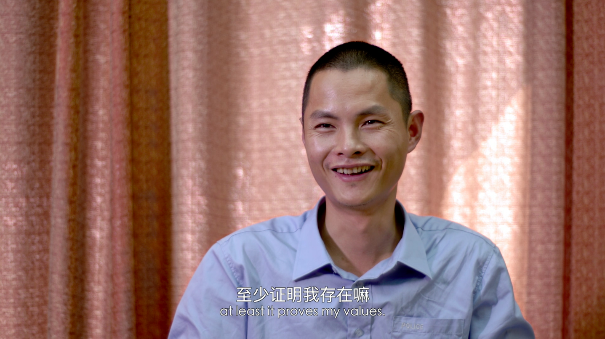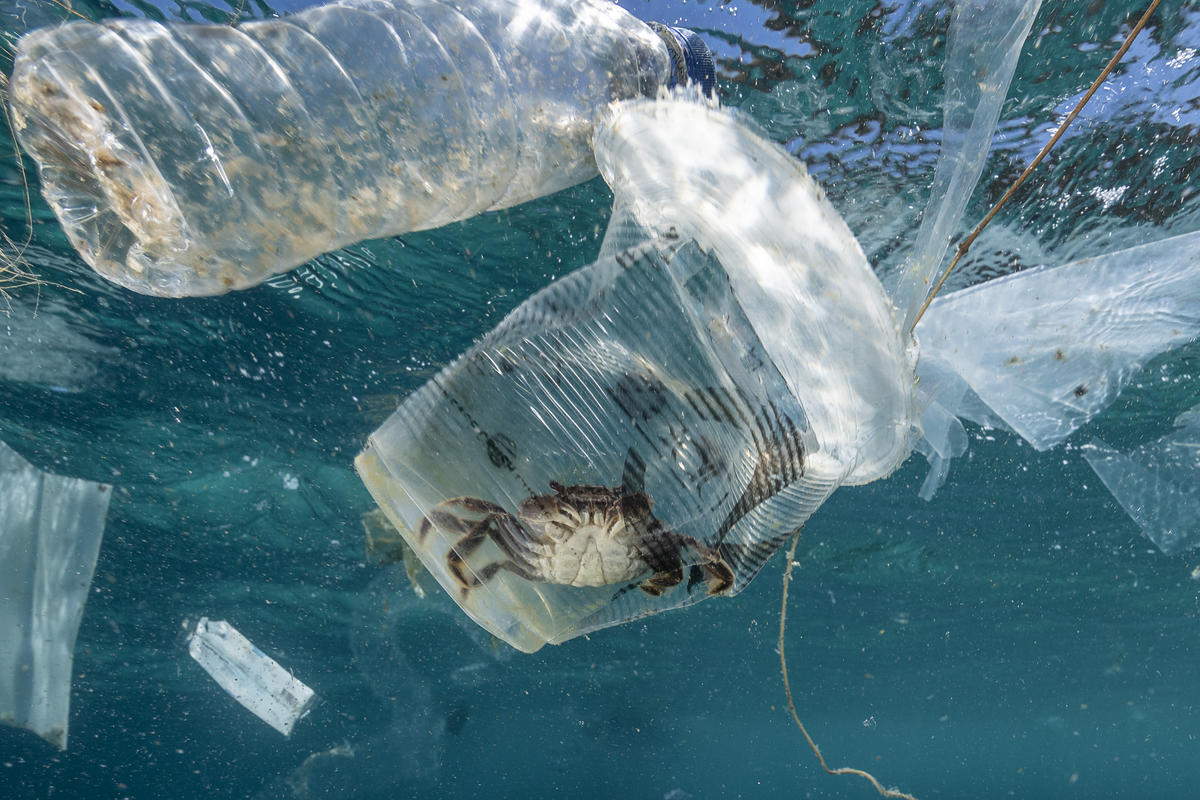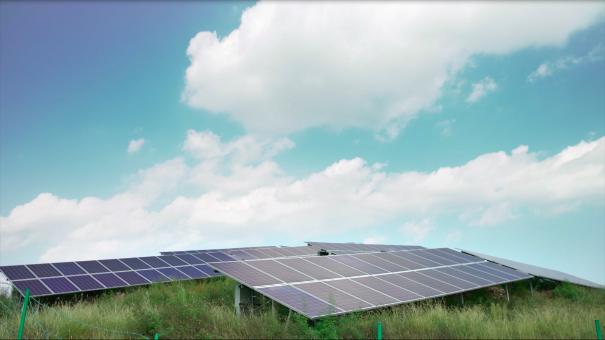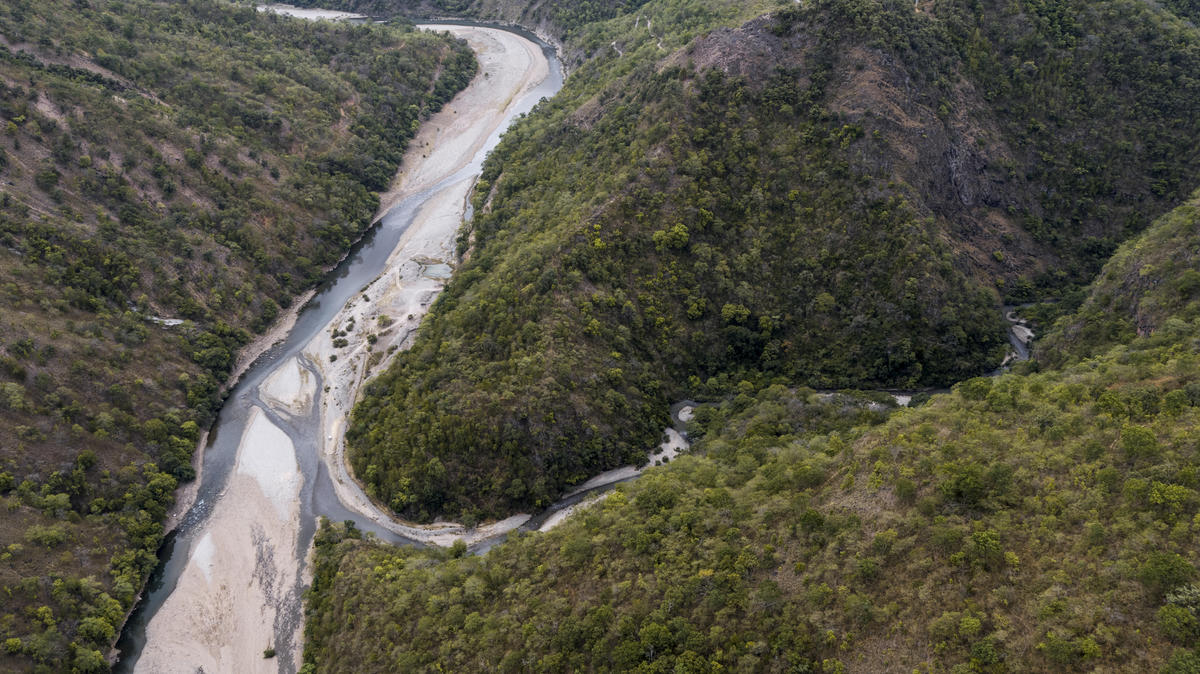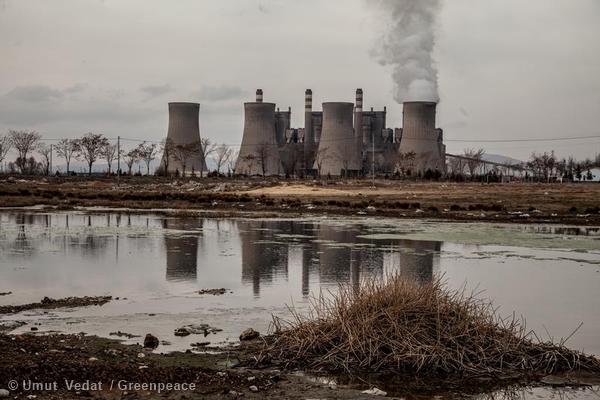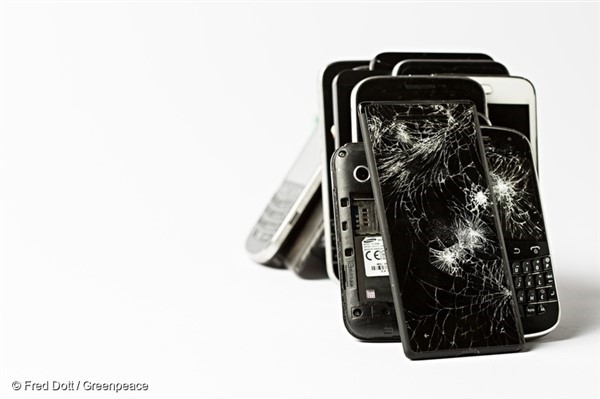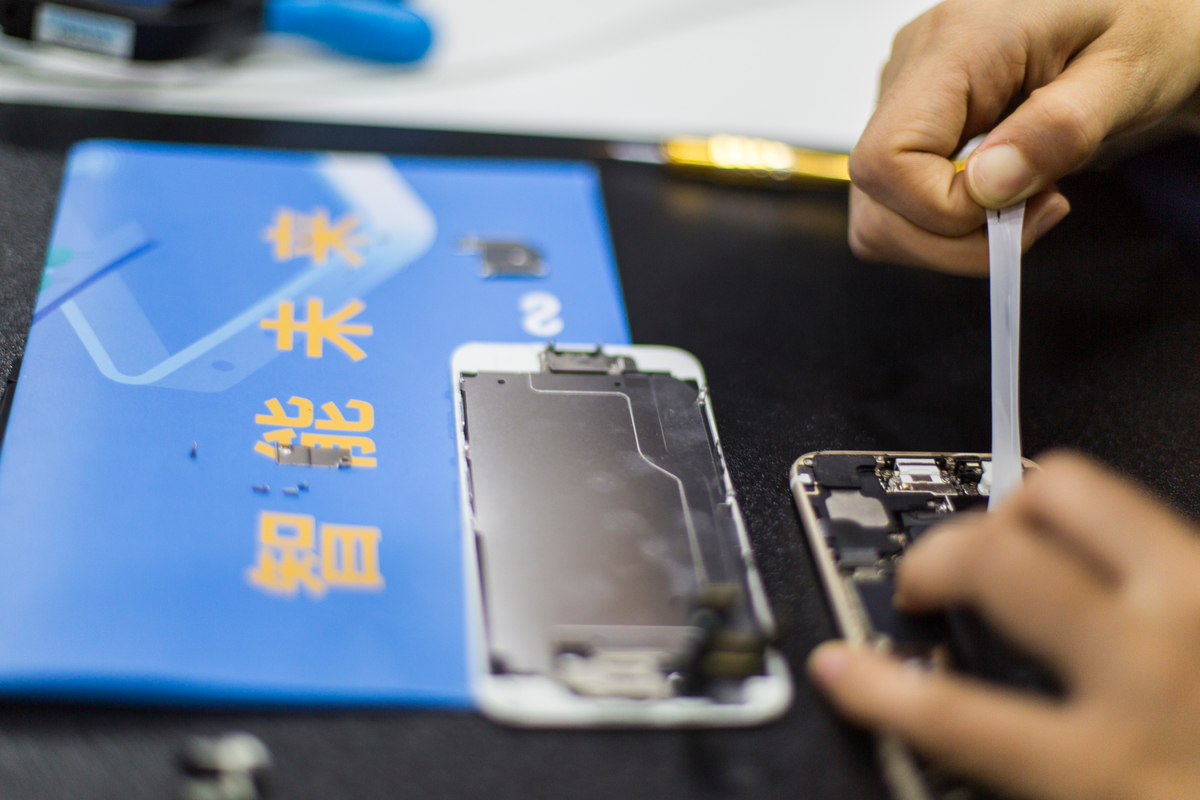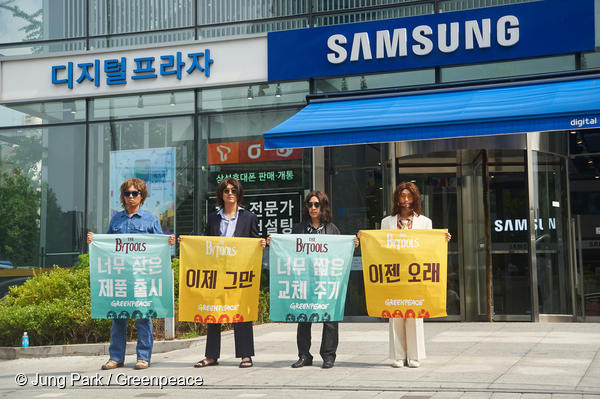-
Our promise to supporters
We want to create a world where the environment doesn’t need protection.
-
Meet the self-styled ‘PV Doctor’ who brought solar to his hometown
For eight years, Luo Yufei has had a big dream: to establish solar projects in his hometown in Guangdong Province.
-
This will change the way you think about plastic
Have you seen the Story of a Spoon video? In today’s modern world, convenience is king. We design and create plastic tools that are easy to buy and even easier…
-
A Coal Merchant and his son
How a failing family-run coal operation found new opportunities in the solar industry.
-
Illegal mining discovered in China’s last remaining green peafowl habitat – Greenpeace
Beijing, 12 July 2017 - Satellite imagery analysis and fieldwork conducted by Greenpeace East Asia have uncovered illegal mining and road construction in the Konglong River Nature Reserve in China’s southwestern Yunnan Province. The protection area forms part of China’s last remaining habitat of the CITES and IUCN Red List endangered green peafowl. The green…
-
Cutting China’s redundant coal power capacity would provide enough water for 27 million people in water stressed areas
Beijing, 5 July 2017 - Tackling China’s coal power overcapacity problem could save enough water to meet the basic needs of 27 million people in water stressed areas, a new report from Greenpeace East Asia shows. Despite a reduction in coal consumption since 2014, coal-fired capacity in areas of high water stress continues to increase.…
-
Rethinking IT: Saving the world, one gadget at a time.
Tech companies are purposely making our devices difficult to repair, creating millions of tonnes of unnecessary e-waste every year. But these campaigners are fighting back. Kyle Wiens from iFixit and Lou Bin from ZEALERfix visited Greenpeace in Beijing to discuss how they’re rethinking the whole concept of IT consumption.
-
5 ways tech companies are making your devices die too soon
Imagine a world where your electronic gadgets would last, or a place where your devices could be easily repaired. Imagine all the money saved!
-
How Repairable is Your Mobile Device?
How repairable is your mobile device? Greenpeace teamed up with iFixit to assess the repairability of best-selling smart devices.
-
Apple, Samsung products among least repairable in new Greenpeace assessment of tech brands
San Francisco, 27 June 2017 - Fairphone, Dell and HP are the only companies that make spare parts and repair manuals available to the public, while products from brands such as Apple, Samsung and Microsoft are among the least easy to repair and upgrade, according to Greenpeace’s latest IT product guide.

